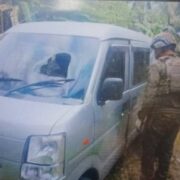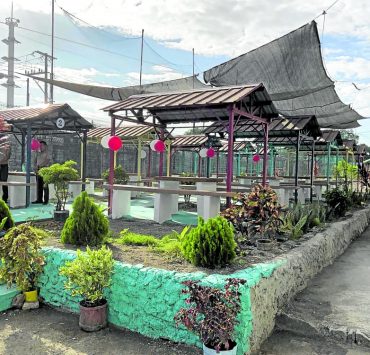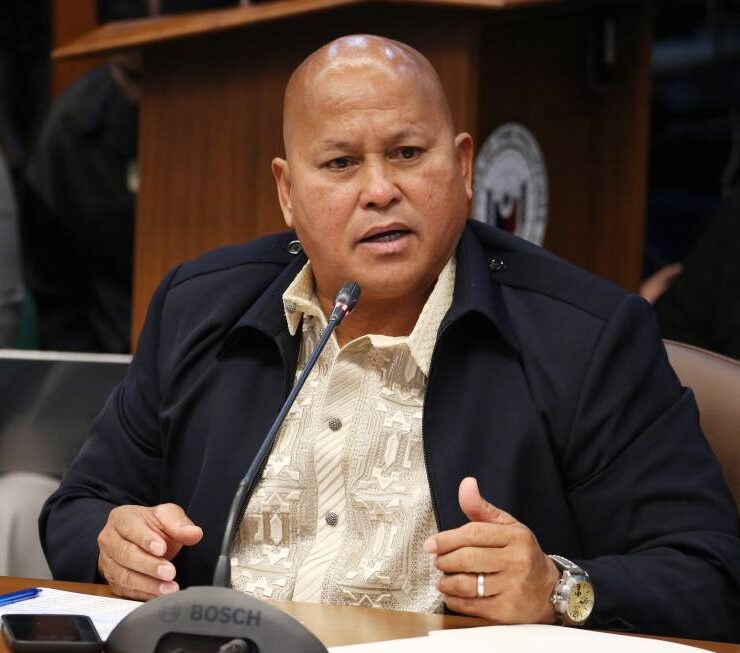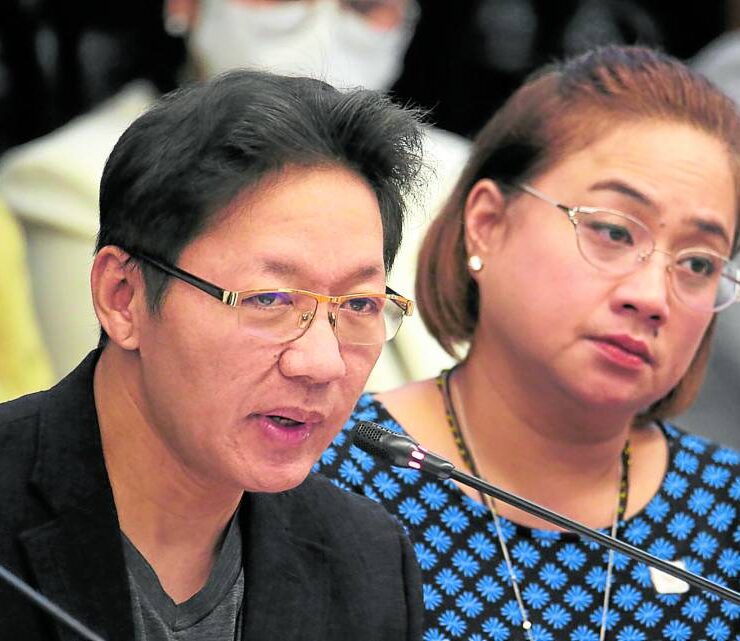7 of Top 10 PMA grads are women
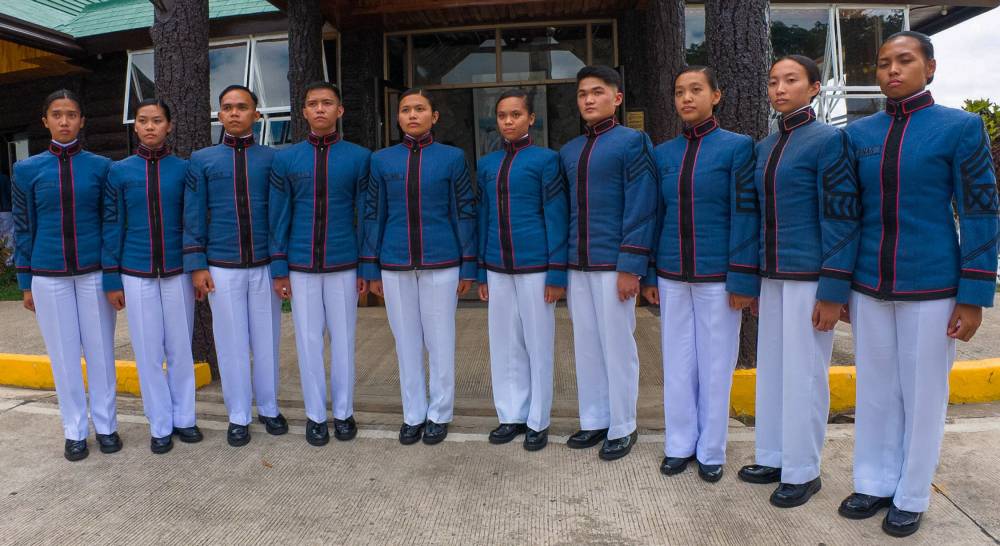
FORT DEL PILAR, Baguio City—A female cadet from Surigao City topped the 2024 graduating class of the Philippine Military Academy (PMA)—a batch in which she and six other women were among the Top 10 students.
Cadet First Class (CFC) Jeneth Elumba, who will receive the presidential saber from President Marcos during the graduation rites on May 18, ranked first among the 278-strong Bagong Sinag Class of 2024.
Bagong Sinag is an acronym for “Bagong Henerasyong Gagampanan ang Tama: Serbisyo, Integridad at Nasyonalismo ang Aming Gabay (The New Generation Tasked to Do Right: Service, Integrity and Nationalism Are Our Guide).”
The senior cadets will be commissioned by Mr. Marcos as Army or Air Force lieutenants or Navy ensigns.
When asked if they were ready to protect the West Philippine Sea (WPS) from increasing Chinese aggression, Lt. Gen. Rowen Tolentino, PMA superintendent, said the graduating class, like their underclassmen, has been “prepared for future wars.”
Bagong Sinag is the last batch of cadets to complete a Bachelor of Science degree in national security management, Tolentino said.

‘Bubble’
The class began its training as the COVID-19 pandemic broke out in 2020.
The cadets said the pandemic had been a trying time for them, since they had to spend a longer time away from their families.
Elumba spent her first two years of classes in a quarantine “bubble” with her “mistah” (classmates).
“I contracted COVID shortly after our recognition rites but I was asymptomatic,” recalled the 24-year-old, whose mother serves as a barangay official and whose father—a graduate of criminology before he became a farmer—convinced her to study at PMA.
In her last year in school, Elumba underwent surgery to remove a swollen appendix, which prompted concerns in her family that she may not be able to fulfill her requirements to become a top cadet.
But she recovered and was able to accomplish her remaining tasks.
The other six women in the Top 10 are 22-year-old CFC Cyril Joy Masculino of Nabua, Camarines Sur (4th place), whose father is a retired soldier and mother, a teacher; CFC Rosemel Dogello, 21, of Jamindan, Capiz (5th) who also has a father in the military; CFC Alexa Mye Valen, 21, of Kapatagan, Lanao del Norte (6th); 22-year-old CFC Giselle Tong of Tuguegarao (8th), who was raised by her mother, a widowed police officer; 23-year-old CFC Danica Marie Viray of Villamor Air Base, Pasay City (9th), the daughter of a retired pilot; and CFC Nerova Binag, 22, of Cabagan, Isabela (10th), whose parents are both teachers.
Ranking second among the Top 10 is 21-year-old CFC Mark Boiles of Novaliches, Quezon City, who was raised by his widowed father, a tricycle driver. Boiles was followed in third place by 22-year-old CFC Kim Harold Gilo of Villa Kananga, Butuan City, whose father is a firefighter and mother, a midwife.
CFC Floyd Niño Arthur Roxas, 23, of Leganes, Iloilo province, ranked seventh. His mother, a widow, is a civil engineer.
WPS a ‘real issue’
Whereas the Top 10 were dominated by women, there were only 57 of them in their graduating class of 278.
Maj. Reynan Afan, Bagong Sinag’s class adviser, said this batch “was challenged on different fronts” in the course of their training, from the pandemic to the maritime dispute with China that now confronts the Armed Forces of the Philippines as its biggest threat.
This batch was also exposed to lessons illustrating “the critical relationship between security, governance and development,” said Afan, who noted that developments in the West Philippine Sea, for example, are a very real issue to Bagong Sinag cadets who are joining the Navy.
Gilo, who will become an ensign, said he was able to observe firsthand Chinese vessels trespassing in the West Philippine Sea when he undertook his preparatory course.
“We sailed to some of the islands in the West Philippine Sea and we saw Chinese boats patrol those same islands,” he said, adding that this galvanized fellow cadets to hone their skills so they can act swiftly “when the sovereignty of the country is threatened.”













